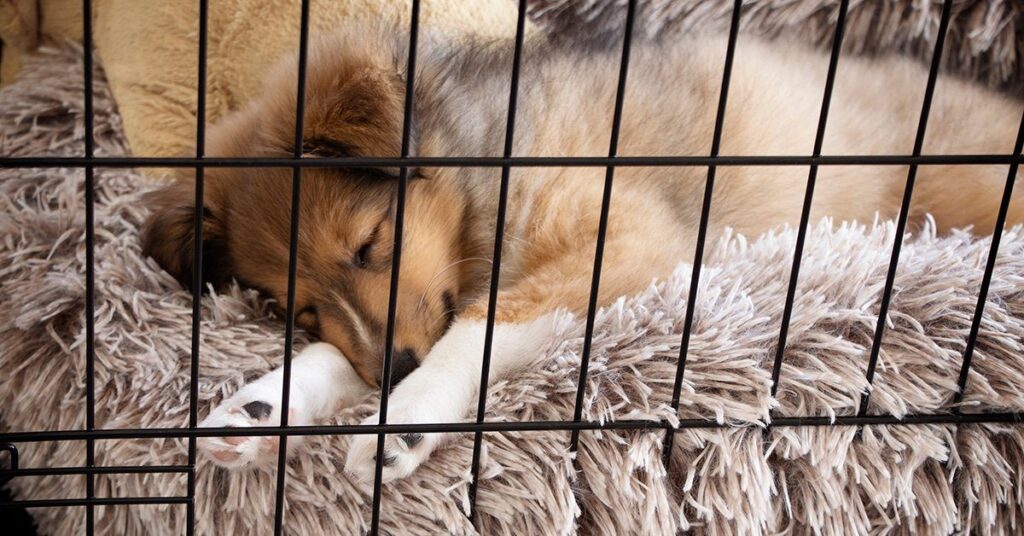You’ve finally brought home your new puppy, and you can’t wait to spend lots of time with your new love. But, surprise! This little bundle of joy sleeps a lot. Is this normal?.
The majority of new puppy owners are curious about how much their pet should sleep. Let’s look at a typical puppy sleep schedule and the advantages of squeezing in a few extra hours of sleep to determine how much is too much and how little is too little.
2 Adjust for changes in routine.
Predicting a puppy’s sleep pattern takes some trial and error. Expect your dog to require a longer than usual quiet rest period to calm down if you take them out of the house for an unfamiliar experience.
3 Burn off excess energy.
Playing with you is a great way to exhaust your dog. Consider dog toys and food puzzles, provide an outdoor view for entertainment, or arrange for a pet sitter to come over for a play session if you aren’t at home during the day. Anything that makes them more active during the day will probably make it easier for them to fall asleep at night.
Before bedtime, if your puppy is thirsty, go ahead and give them a small drink. However, try to stop drinking a lot of liquids an hour before bedtime. This provides them with the chance and time to empty their bladder so they can get comfortable and take a long nap. (If you’re potty training, don’t forget to take your puppy outside frequently, especially when they wake up. ).
Sample puppy sleep schedule
Here’s a simple sleep schedule to get you started. Remember that every puppy is unique, so keeping track of your puppy’s sleeping patterns will help you respond to their needs.
Morning:
Naptime
Afternoon
Lunch
Naptime
Evening
Quiet time
Bedtime
During the early weeks with your puppy, have patience. There is a lot to discover about you and their new environment. As time passes, your puppy will sleep through the night. We promise!.

FAQ
Do puppies get sleepy when growing?
In a healthy puppy’s life, there are anticipated times when they will typically require more sleep. For instance, during growth spurts.
How do you know if your puppy is going through a growth spurt?
Increased appetite and sleep are indicators that they may be about to grow, so watch out for those things. Always keep in mind that as your puppy grows, their joints and growth plates are also developing. Therefore, any joint pain should be reported to your veterinarian to prevent long-term problems from getting worse.
Should I be worried if my puppy sleeps a lot?
The short answer is no, a puppy cannot sleep excessively. Young puppies require between 18 and 20 hours of sleep per day, with variations depending on age, breed, and level of activity. (As a comparison, adult dogs typically sleep about 14 hours per day. ).
What ages do puppies have growth spurts?
Dogs reach adolescence between six and 18 months. Your dog will experience rapid growth spurts during adolescence, which could cause some minor discomfort.